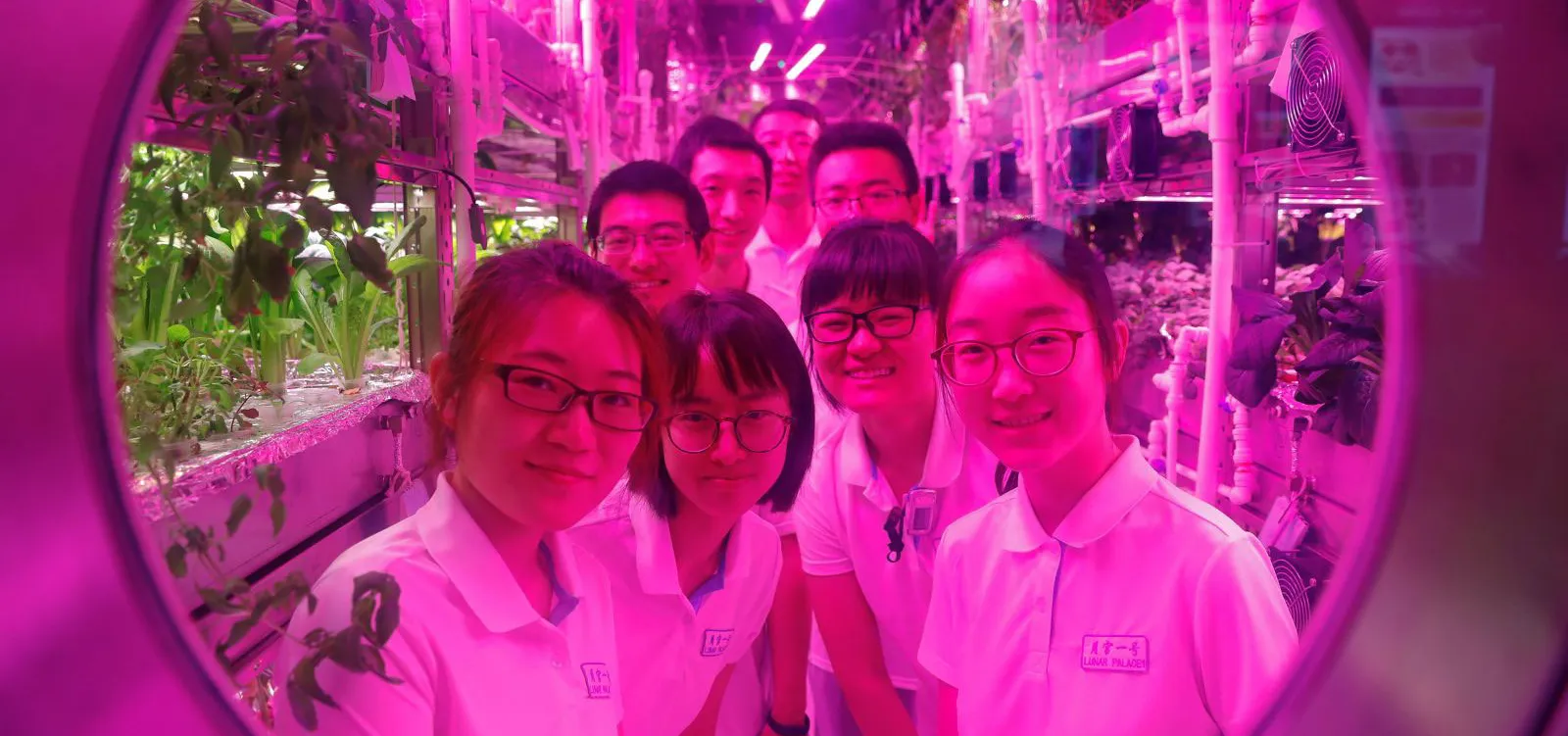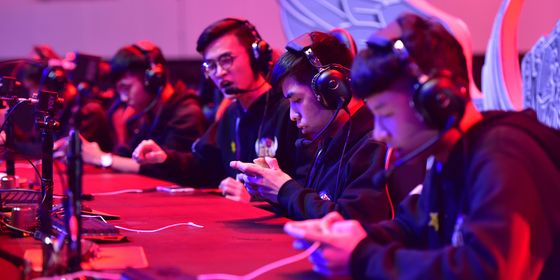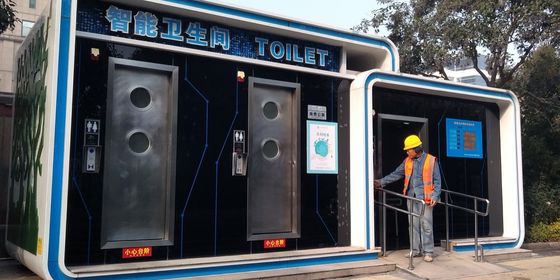Virtual communism in the classroom, Huawei’s Pacific cable cancelled, food delivered to trains, and space food from poop
Each Thursday, the World of Chinese takes the most ground-breaking, impressive or just plain weird technological advancements related to the Middle Kingdom and serves them in bite-sized chunks to keep you up-to-date on the latest advances in the world of Chinese technology.
Students make space food from worms and faeces
Beihang University, formerly known as the Beijing University of Aeronautics and Astronautics, is locking up students and making them eat products grown from their own waste.
OK, it’s not as bad as it sounds.
It’s part of an ongoing project since May that aims to research how astronauts can grow food beyond the Earth’s atmosphere. In Phase 1 of the project, student researchers perfected space-farming techniques to put to test in Phase 2, which began on July 9. In this phase, four student researchers will be confined to a capsule that approximate the conditions of space-living for six months and must generate enough food to sustain themselves. Their space-farming technique involves every step of the food-generation and recycling process, which means fertilizer… from people.
The aspiring astronauts are growing wheat, potatoes, carrots, onions, and string beans in two “vegetable cabins.” Some perishable supplies are provided at the outset—a student reported having a meal with pork, although there are no pigs allowed—but most of the students’ protein comes from mealworms, which also produce carbon dioxide and consume otherwise-unusable plant matter. In space, no one can hear you complain about the food.
Virtual Marxism
Ask anyone who went through the Chinese education system which classes were the least anticipated, and most will refer to the mandatory politics classes. Laden with Marxist ideology and Mao Zedong thought, they’re a snooze-fest that exist to instill “core socialist values” in the students they’re boring to tears.
Making them interesting has long been a challenge. Now some educators hope that virtual reality will somehow make them click with younger students.
The Global Times recently reported on efforts to bring the Long March to life through VR, which certainly does sound better than sitting through a lecture on correct ways of thinking.
But the same report also mentioned that a course on basic Marxist principles at Inner Mongolia Normal University used a rap song called “Marx was born after 1990s,” seemingly bringing him up-to-date with today’s students (the “post-90s” generation). Lyrics go: “I first knew him/in the course of politics/I learned his thoughts/just to pass exams/…/ who is Marx/ actually he was born in 1990s/ he abhorred sin/ he disdained trickery.”
No amount of virtual reality is ever going to be able to make up for that crime against rhyme.
(Also, while it’s not meant to be taken literally, saying Marx was born in the 90s is just asking for students to fail their test).
Huawei’s Solomon Islands plan nixed
Australia has just put the kibosh on a plan by the Solomon Islands to construct an undersea internet cable to Sydney, contracted to Chinese company Huawei. The company is on the Australian government’s blacklist for constructing telecommunications infrastructure, due to privacy and spying concerns. The Solomon Islands had previously agreed to have a US-British company lay the cable and received approval from Australia and a financing agreement from the Asian Development Bank, but cancelled this plan in 2016 and opted for Huawei, losing both Australia’s approval and the financing agreement.
The cable would have boosted internet speeds in the Solomon Islands, which at present relies mostly on satellites for its internet coverage.
Fast food on the fast train
China’s HSR has just introduced arguably its most important technological development, ever, bar none (we did say arguably).
Passengers taking a high-speed train in China can now use an app to have food delivered to one of the stations on the journey; it will be ready for delivery when the train arrives, straight to your seat. The only requirements are the 12306.cn app and an eligible electronic payment system. Oh, you need to arrange the order at least two hours beforehand. Currently, in the project’s pilot phase, only 27 stations are offering the service, and all are in the high-speed rail network.
Cover image from Sina












